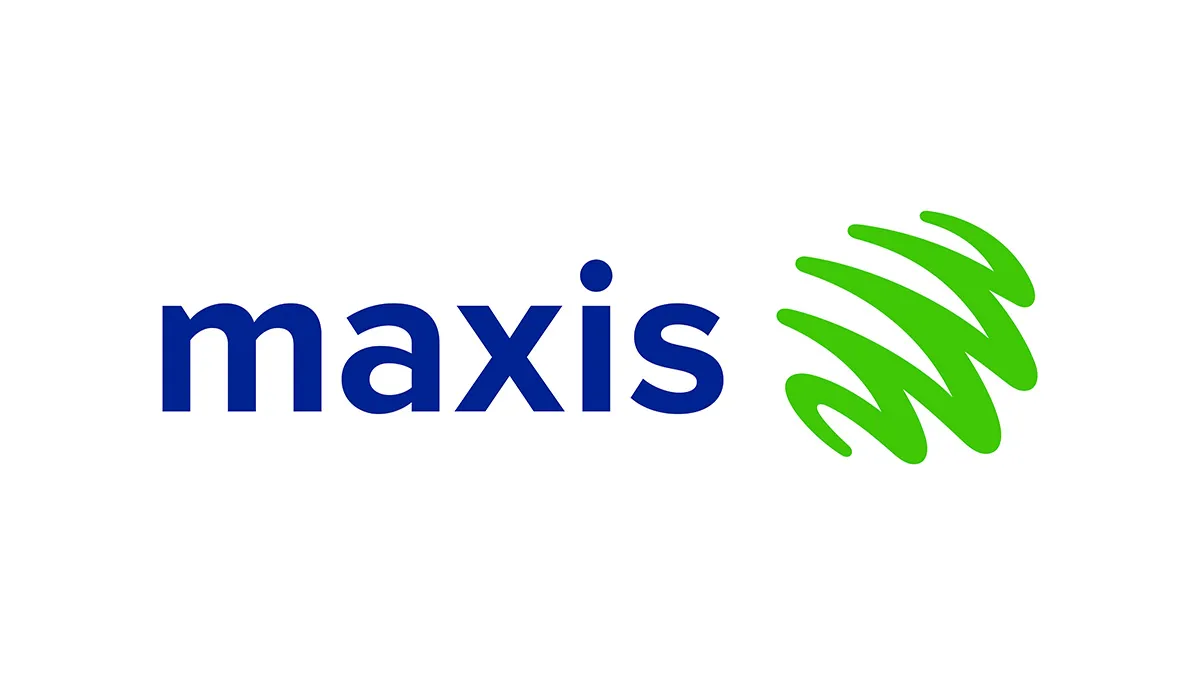Setting the right path to meet growing data consumption
Maxis collaborates with Universiti Malaya’s engineering faculty to trial high bandwidth potential

Did you know that data consumption in Malaysia is the highest amongst SEA countries and one of the highest in the world? On average, Maxis’ customers consume over 30GB per month, and there is no sign of slowing down. Top consumption drivers include video streaming, social networking and instant messaging, with a combined volume of almost 180,000 Terabytes. That’s equivalent to the storage of the entire Netflix library, and several lifetimes’ worth of 4K streaming.
This is why bandwidth continues to be high on the agenda for operators. With the rise of new services such as cloud computing, VR, AR and even fully connected campuses, spectrum bands with higher capacity networks are critical to support future requirements. In its 2023 report on spectrum trends, GSMA has recommended the upper 6GHz as the next priority band for mobile operators to continuously increase capacity and lower costs on the road towards 5G-Advanced.1
Planning for the future
In preparing for this foreseeable future, Maxis has continued to explore new network technologies to cater to the current and future needs of data consumption and rising traffic growth. This includes studying the potential of new spectrum bands, and even providing an opportunity to bring academia into the mix.
At Maxis’ recent technical field trial of the 6GHz spectrum band in collaboration with Universiti Malaya (UM), engineering students gained deep insights on real-world implementation of wireless technology. The trial studied the feasibility of adopting the spectrum band to cater to increasing mobile traffic and to provide better coverage in urban environments. This enabled UM students to better understand network topology, spectrum analysis, system performance evaluation, cutting-edge technology and the latest spectrum trends.
“Our trial is an example of industry and academia working together for the greater good and advancing technology and spectrum knowledge. This will benefit UM students working on research projects in next-generation network technologies,” - Tan Cheng Peng, Maxis’ Acting Chief Technology Strategy Officer.
“This trial allowed our students to learn about methodologies, metrics and tools used in assessing the performance of wireless communication systems. It bridges the gap between theory and practice, preparing them for future careers in the telecommunication industry,” - Professor Ir. Dr. Kaharudin Dimyati, Dean of Faculty of Engineering, University Malaya.
The Verdict
The trial resulted in peak speeds of 1.28Gbps with an 80MHz bandwidth using a prototype 6GHz Active Antenna Unit and a prototype mobile device. Results also showed good indoor penetration and the ability to achieve speeds of over 300Mbps at locations more than 400m away from the mobile site, as well as potential for improvements in mobile signal propagation with more advanced antenna technology.
In summary, the results suggest that the upper 6GHz spectrum and new antenna technology could play a significant role in advancing the capabilities of mobile networks and improving user experience. The 6GHz spectrum band can also provide good indoor coverage and performance, making it a valuable complement for augmenting additional capacity on the 3.5GHz layer for better user experience.
The rapid growth of data traffic and demands for multiple services will require the availability of more spectrum bands to improve the speed and quality of 5G services in future. Importantly, the trial data can be used as part of spectrum adoption discussions by the regulator, particularly with the upcoming World Radiocommunication Conference 2023 (WRC-23).
It may be hard to predict how we will consume video or use social media in the future, but there is no doubt we will continue to consume more data in this digital economy and will need the capacity for it. Exploring the different aspects of spectrum strengths is just one of the many ways Maxis is helping customers stay ahead.
END




